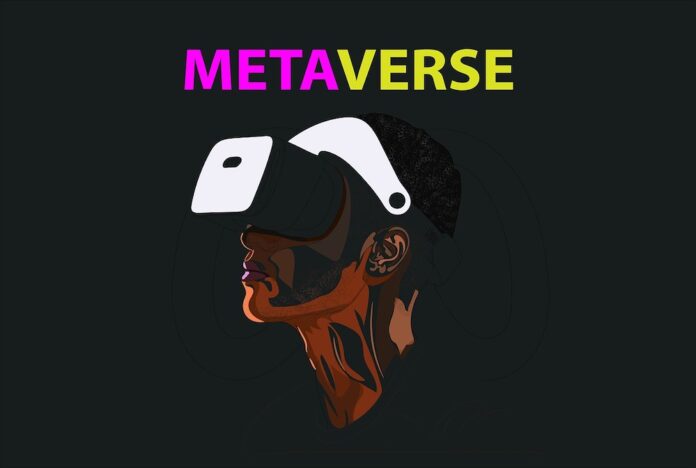World Economic Forum wants to define ethics and inclusivity?
The World Economic Forum (WEF) is muscling in on the metaverse and looking to define its future, according to a report by campaigner Didi Rankovic of Reclaim the Net. WEF Research claims the metaverse will be worth €9.3 billion ($800 billion) by 2024. Who will benefit from it, asks the analyst.
WEF’s ‘multi-stakeholder initiative’ wants a leadership role in defining and building the metaverse, according to Facebook (Meta) president of global affairs Nick Clegg. The initiative it detailed in a post on the Davos event’s website, giving its guidance on how to create ‘an ethical, inclusive, economically viable metaverse,’ while representing the interests of businesses, regulators, civil society, and academia from both the private and public sectors.
Metabolics
The Defining and Building the Metaverse statement aims to focus publicity on producing governance principles for it and to define the concept of ‘societal value creation’. The initiative’s first key area is supposed to determine ‘safe, interoperable and inclusive’ technology and environments for the metaverse, while what ‘value creation’ means is not explained. Who will pay for this technology?
The argument does not describe the risks and incentives to businesses, society and individuals. It does propose to outline how ‘value chains may be disrupted, industries may be transformed, new assets could be created and rights protected’. “The WEF appears to want to get involved in the creation, “ said Reclaim The Net, “and through governance and regulation, [to] ultimately [gain] control of the metaverse in the early stages of its development.”
Civil versus cyber society?
The concept could go in any direction and the WEF would like to direct it. Currently, there is a substantial influence carried by ‘Big Tech’ companies, such as Meta, Microsoft, HTC and Sony Interactive. Big telcos hold much less sway, if any. The 60 or so WEF ‘founding fathers’ who will forge the Metaverse Constitution aremostly technology and corporate giants, the but there are start-ups, academics and representatives of civil society represented, the WEF said. The WEF is to give industry a toolkit for building the Metaverse, that it claims is ethical and responsible in nature, said Meta’s Nick Clegg, who claimed that the future metaverse will represent ‘a force for inclusion and equity.’
Accountability
However, Meta doesn’t want to be held too accountable for anything it publishes. “It mustn’t be shaped by tech companies on their own. It needs to be developed openly with a spirit of cooperation between the private sector, lawmakers, civil society, academia and the people who will use these technologies,” said Clegg.
“It’s unclear from the WEF document how exactly people who will use these technologies are represented as stakeholders,” said Didi Rankovic, from Reclaim the Net.



